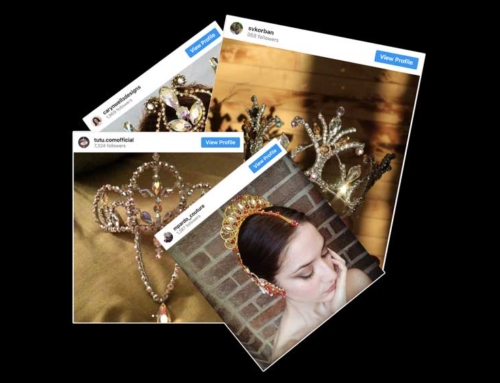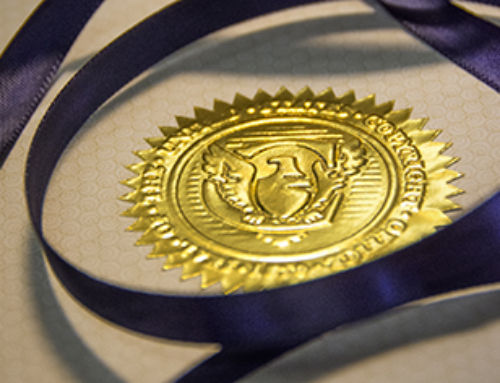A take on copying
Obligatory notice: I am not a lawyer; this is not legal advice. Please contact an attorney if you really want to know if your work is protected or how to enforce your rights!
People are extremely opinionated when it comes to copying, drawing inspiration, or designer rights. I’m well versed in many areas of design from print, photography, choreography, jewelry design, copy writing, and web development (programming), which are afforded copy protections. My understanding of copying ethics are both rooted in social norms, academic settings, and in the commercial world. Although, I can only speak to United States law as I understand it, and the law isn’t clear. I also hold some unpopular opinions:
- Copyright has overreached its initial intent and purpose as defined in the US Constitution; people actually have no idea what the purpose of copyright is REALLY for.
- Copyright is a monopoly; and it only benefits large corporations/publishers.
- People think everything and anything is copyrightable; not everything created deserves copyright.
I have semi-loose respect for copyright. My work in software development has opened my eyes to the benefit and necessity for the open-source community. I believe freely sharing ideas and allowing people to build off of prior work is better for society. It promotes faster advancement and keeps people innovating. Sometimes this is in direct contradiction with copyright laws.
I believe many people have a poor understanding of what is protected under the copyright law. I find people online giving ill-informed information to others when it comes to giving credit to other people as if it was a college term paper. Many overvalue their creative efforts in terms of uniqueness and originality and assume all novelty deserves protection. It doesn’t. I believe people turn into self-righteous bullies online sometimes whining about things not even covered by copyright like style, look and feel, and ideas. These internet police damage people’s reputation or turn away would be artists before they have a chance to grow. Not being unique is not a crime, and people are treated as if it is.
You might think I don’t respect the creative rights of others. You are correct if you are talking about imaginary feelings of ownership over style, aesthetic, general shapes, motifs, and common design elements. I do find it wrong to take images of people’s work, plop them on your website, and offer to make that very thing with or with attribution. I have shut down Instagram accounts created with my best imagery. So, I do believe there should be copyright protections–but just not what is typically believed. I see the preponderance of copying I am surrounded by but is not considered unethical or even undesirable. Some examples are:
- Netflix, Hulu, YouTube, and any other video streaming service
- McDonald’s appropriation of White Castle’s methods
- Andy Warhol’s sometimes transformative and not so transformative use of iconic people, artists, and brands
- Amex, Visa, and MasterCard, and other payment cards are all copies of Diner’s Club’s idea — or Bank of America’s BankAmericard (depends on how you look at it)
- Édouard Manet’s Olympia was inspired by Titian’s Venus of Urbino
- Instagram Stories is a copy of SnapChat
- Sega copied Nintendo
- Google Home is a copy over Amazon’s Echo
- UPS copied FedEx
Many artists – creators – get deeply offended when they see copying in their own field or fields close to their heart, while denying those same feelings of indignation when they benefit it in other areas of life in the form of market choice. Copying gives consumers options in the marketplace, prevents monopolies, and encourages faster innovation. I definitely do not believe copying is a sin or that all copying is wrong. I believe it is contrary to how culture is nurtured, created, and evolves.
Next up >> Copying, a Mortal Sin.




